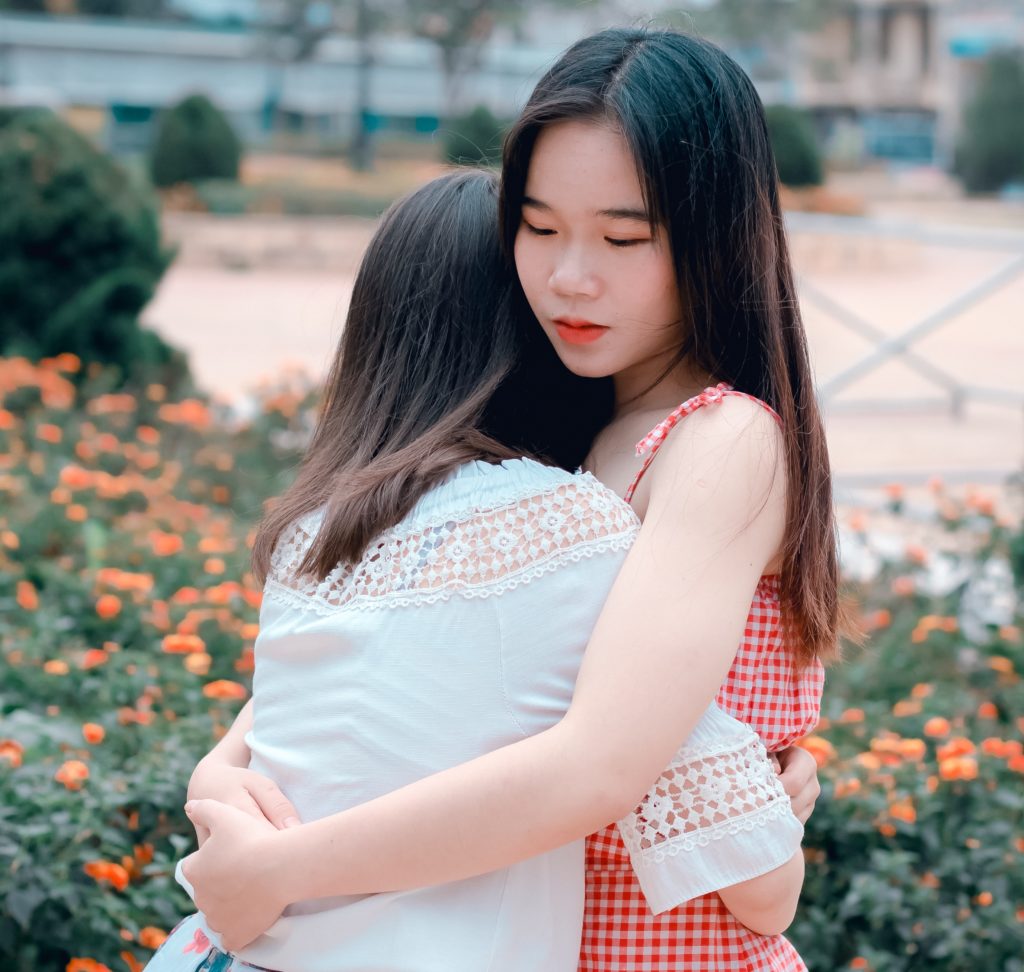In this post I’ll give you the best ways to say Goodbye in Chinese.
Be sure to also checkout my post on the best ways to say Hello in Chinese.
Table of Contents
1. Goodbye / 再见 / zàijiàn
Here is a break down of the words:
| 再 | 见 |
| zài | jiàn |
| again | meet |
As you can see 再见 (zàijiàn) literally means “again meet”, which is quite similar to “see you again” in English.
Here are some examples
| English | Chinese | Pinyin Pronunciation |
| I’m afraid I’ve got to be going now. So long! |
|
wǒ kàn wǒ dé zǒule, zàijiàn! |
| Good luck, goodbye! |
|
zhù nǐ hǎo yùn, zàijiàn! |
| I didn’t even get to say goodbye to her. |
|
wǒ shènzhì dōu méiyǒu hé tā shuō zàijiàn |
2. Bye bye / 拜拜 / bàibài
The character 拜 (bài) itself means to pay respect or to salute, here are some other words that use this character:
-
拜 (bài) is used in the word for “Dubai” (díbài) which is itself a phonetic translation of “Dubai” -
拜 会 (bàihuì) means to pay and official visit, for example “He called on his teacher”他 拜 会 他 的 老 师 (tā bàihuì tā de lǎoshī) -
拜 佛 (bàifó) means to pray to Buddha and you might see it used in sentences such as “Today I’ll go and pray to Buddha”我 今 天 去 拜 佛 (wǒ jīntiān qù bàifó)
Here are some examples of
| English | Chinese | Pinyin Pronunciation |
| Okay, I‘ve got to go (hang up), byebye. Thanks! | |
hǎo de, wǒ yào guàle, bàibài. xièxiè nǐ. |
| Sorry, I can’t talk now. Byebye! | |
duìbùqǐ, bùnéng hé nǐ shuōle. Bàibài. |
| I’ll go. Byebye。 |
|
wǒ qù la, bàibài! |
3. Keep in touch / 再联系 / zài liánxì
| 再 | 联系 |
| zài | liánxì |
| again / once more | contact / get in touch |
Here are some example sentences for
| English | Chinese | Pinyin Pronunciation |
| I’ll see you next time. |
|
wǒ xià cì zài liánxì. |
| Don’t contact me. Goodbye! |
|
bùyào zài liánxì wǒle, zàijiàn! |
| Thank you for calling. Please call again. |
|
xièxiè láidiàn, huānyíng zài liánxì. |
| l wiII taIk to you soon, okay. |
|
wǒ huì zài liánxì nǐ de, hǎo de. |
4. Bon Voyage / 一路平安 / yīlù píngān
Here is a break down of
| 一路 | 平安 |
| yīlù | píngān |
| whole journey | safe and sound |
These are some example sentences for
| English | Chinese | Pinyin Pronunciation |
| I wish you (hope you have) a safe journey. |
|
xīwàng nǐ yīlù píng’ān. |
| I wish you a safe journey home. |
|
zhù yīlù píng’ān dàojiā. |
| I wish you a nice trip, safe journey home. |
|
zhù nín lǚxíng yúkuài, yīlù píng’ān. |
5. See you again / 再会 / zàihuì
| 再 | 会 |
| again | meet |
| zài | huì |
Here are some sample sentences of 再会 (zàihuì) in action:
| English | Chinese | Pinyin Pronunciation |
| Shall we call it a day? See you. |
|
wǒ xiǎng wǒmen jīntiān jiù tán dào zhèlǐ ba, zàihuì. |
| I have to go, see you later. |
|
wǒ dé zǒule. Zàihuì. |
| See yo unext time. |
|
xià cì zàihuì. |
6. See you tomorrow / 明天见 / míngtiān jiàn
| 明天 | 见 |
| míngtiān | jiàn |
| tomorrow | (to) meet |
Here are some example sentences for
| English | Chinese | Pinyin Pronunciation |
| I’d like to see you tomorrow. |
|
wǒ xiǎng míngtiān jiàn nǐ. |
| Okay, see you tomorrow. |
|
hǎo ba, míngtiān jiàn. |
| We will arrange to see him tomorrow. | |
wǒmen jiāng ānpái míngtiān jiàn tā. |

